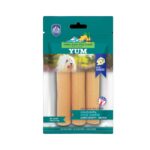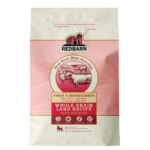December 2023 Astro Sales and Specials at Store #2
December 2023 Astro Sales and Specials at Store #2:
Head on over to Kissimmee Valley Feed Store #2 to take advantage of these deals.
Savings valid at our 215 13th Street St. Cloud, FL 34769 only. Stock up and save today!
Astro Sales:
Don’t forget to download the Astro Loyalty App!
Himalayan Pet Supply – $3.00 OFF Hard Cheese Chews
– $3.00 OFF Hard Cheese Chews
December 2023
- Save $3.00 OFF Hard Cheese Chews. (Exclusions may apply. Limit 6 per customer.)
Red Barn – $5.00 OFF Small Bags of Dry Dog Food
– $5.00 OFF Small Bags of Dry Dog Food
October-December 2023
- Get $5.00 OFF all 4lb Bags of Redbarn Dry Dog Food.
These December 2023 Astro Sales and Specials at Store #2 are happening at Kissimmee Valley Feed’s Store #2 ONLY! Located at 215 13th Street, St. Cloud, FL 34769.




